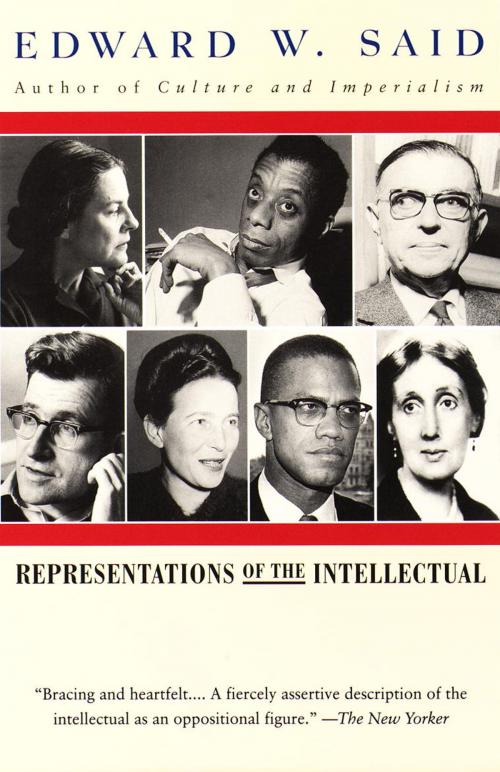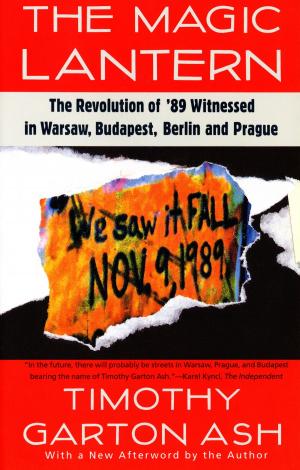Representations of the Intellectual
Nonfiction, History, Modern, 20th Century, Social & Cultural Studies, Social Science, Cultural Studies, Popular Culture, Fiction & Literature, Essays & Letters, Essays| Author: | Edward W. Said | ISBN: | 9780307829627 |
| Publisher: | Knopf Doubleday Publishing Group | Publication: | October 24, 2012 |
| Imprint: | Vintage | Language: | English |
| Author: | Edward W. Said |
| ISBN: | 9780307829627 |
| Publisher: | Knopf Doubleday Publishing Group |
| Publication: | October 24, 2012 |
| Imprint: | Vintage |
| Language: | English |
In these six essays--delivered on the BBC as the prestigious Reith Lectures--Edward Said addresses the ways in which the intellectual can best serve society in the light of a heavily compromised media and of special interest groups who are protected at the cost of larger community concerns. Said suggests a recasting of the intellectual's vision to resist the lures of power, money, and specialization.
In these pieces, Said eloquently illustrates his arguments by drawing on such writers as Antonio Gramsci, Jean-Paul Sartre, Regis Debray, Julien Benda, and Theodore Adorno, and by discussing current events and celebrated figures in the world of science and politics: Robert Oppenheimer, Henry Kissinger, Dan Quayle, Vietnam and the Gulf War. Said sees the modern intellectual as an editor, journalist, academic, or political adviser--in other words, a highly specialized professional--who has moved from a position of independence to an alliance with powerful corporate, institutional, or governmental organizations. He concludes that it is the exile-immigrant, the expatriate, and the amateur who must uphold the traditional role of the intellectual as the voice of integrity and courage, able to speak out against those in power.
In these six essays--delivered on the BBC as the prestigious Reith Lectures--Edward Said addresses the ways in which the intellectual can best serve society in the light of a heavily compromised media and of special interest groups who are protected at the cost of larger community concerns. Said suggests a recasting of the intellectual's vision to resist the lures of power, money, and specialization.
In these pieces, Said eloquently illustrates his arguments by drawing on such writers as Antonio Gramsci, Jean-Paul Sartre, Regis Debray, Julien Benda, and Theodore Adorno, and by discussing current events and celebrated figures in the world of science and politics: Robert Oppenheimer, Henry Kissinger, Dan Quayle, Vietnam and the Gulf War. Said sees the modern intellectual as an editor, journalist, academic, or political adviser--in other words, a highly specialized professional--who has moved from a position of independence to an alliance with powerful corporate, institutional, or governmental organizations. He concludes that it is the exile-immigrant, the expatriate, and the amateur who must uphold the traditional role of the intellectual as the voice of integrity and courage, able to speak out against those in power.















